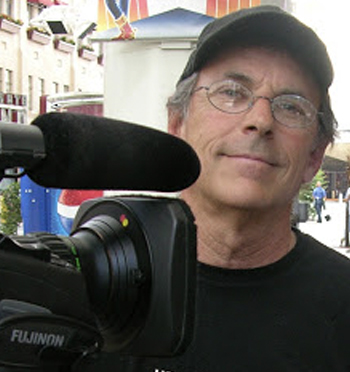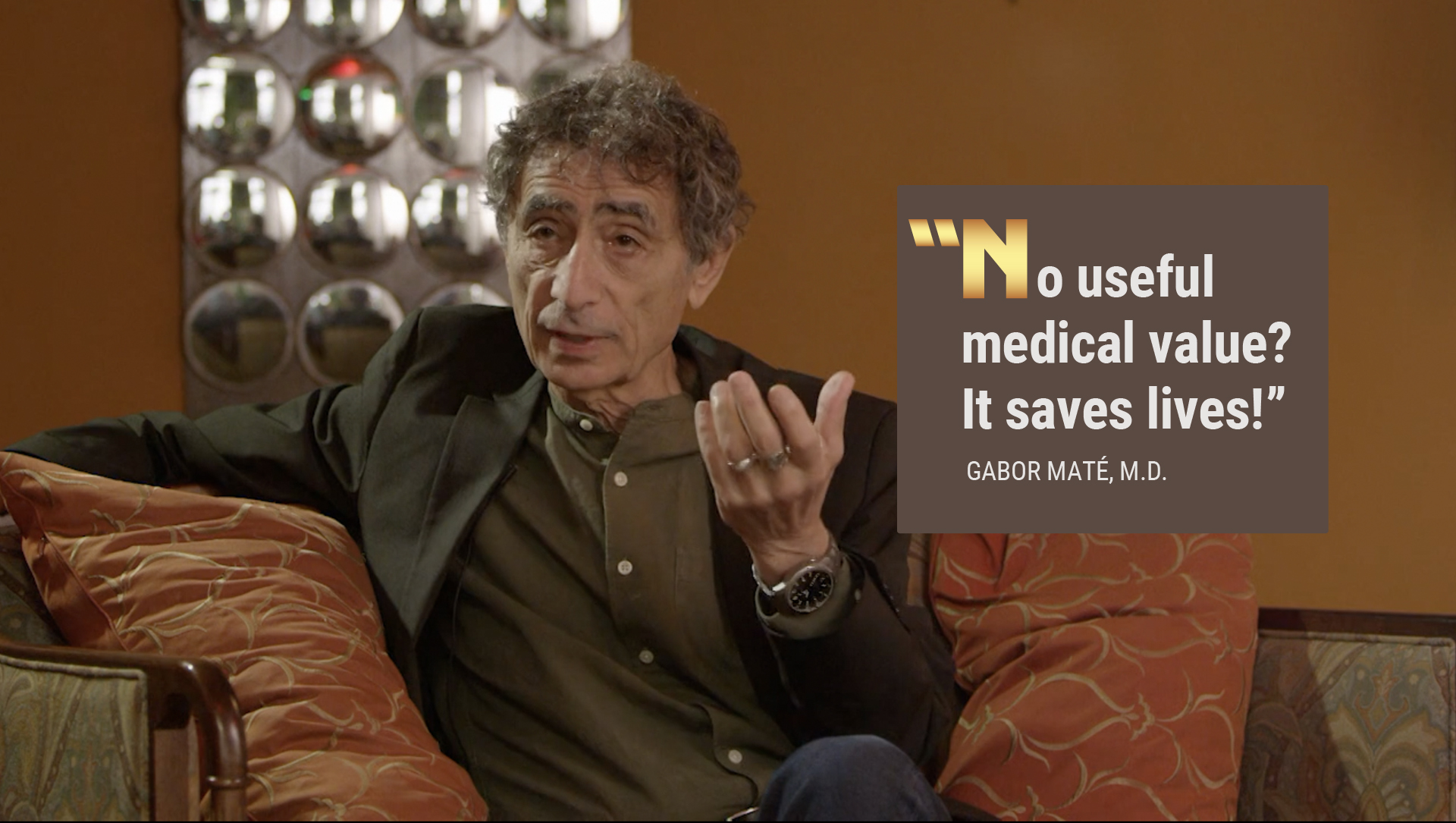“Iboga Saves” will shine a light on the crisis of the prescription-induced addiction epidemic and the failure of the current system to address it—as well as the solution that Tabernathe Iboga, the entheogenic aka psychotropic root bark from Central Africa represents for healing. We will follow patients and practitioners at clinics around the world through their journey from precare to treatment with Iboga, to integration. In addition to clinics, we will also be featuring the ceremonial/shamanic use of Iboga from the traditional Bwiti ceremony to the modern western adaptation of that ritual.
Our goal is to reframe and re-contextualize addiction, and the entheogenic plant medicine category in general. Our goal is also to present the legal situation that surrounds Iboga/Ibogaine, both in terms of the scheduling and in terms of the religious freedom laws, both in the US, and in places like Portugal and Canada where it is decriminalized.
Last but not least, “Iboga Saves” aims to shift the paradigm of what a psychedelic experience is by recreating it in 3D. Iboga/Ibogaine is unlike other psychedelic medicines in that it presents information on a literal screen in one’s mind, using a technology metaphor that we are all too familiar with. By recreating the inner journey in the context of an opioid addict’s real-life transformation, we feel that we will be able to reveal through the narrative the spiritual dimension that IBOGA potentiates, which is the vital element for healing and reconciling the deep wounds and trauma that cause addiction.
This film will help addicts in their daily dance with death understand what their real choices are. It will help people all of us understand the issues and the importance of changing the law quickly.
Imagine if the needless deaths of more than 72,000 people a year in the U.S. could be averted.
[maxbutton id=”7″]
Lakshmi Narayan, Producer
 Lakshmi Narayan is a graphic designer, brand strategist, screenwriter, producer, and founder of Awake Media, a San Diego based-studio, and Executive Director of awake.net, a non-profit (pending) educational corporation. She creates communications campaigns that inspire personal, social, political and spiritual change. She brings decades of experience in graphic design, and has helped organizations presenting controversial subjects position themselves so that they can gain credibility with a mainstream audience, including MAPS, the Psychedelic Science Conference, Timothy Leary Trust, Women’s Visionary Congress, and others. Her interest and knowledge about entheogens aka psychedelic medicines and their power to heal has come from both personal experience and from having created brands and websites for Iboga/Ibogaine clinics and addiction recovery clients.
Lakshmi Narayan is a graphic designer, brand strategist, screenwriter, producer, and founder of Awake Media, a San Diego based-studio, and Executive Director of awake.net, a non-profit (pending) educational corporation. She creates communications campaigns that inspire personal, social, political and spiritual change. She brings decades of experience in graphic design, and has helped organizations presenting controversial subjects position themselves so that they can gain credibility with a mainstream audience, including MAPS, the Psychedelic Science Conference, Timothy Leary Trust, Women’s Visionary Congress, and others. Her interest and knowledge about entheogens aka psychedelic medicines and their power to heal has come from both personal experience and from having created brands and websites for Iboga/Ibogaine clinics and addiction recovery clients.
“I started Awake Media in 2012 with the goal of making movies that could transform, but the technologies, myself, and perhaps the audiences too needed to mature more before I could venture forth to do so. Now, after 35 years of media experience, 20+ years of psychedelic journeying, and a broad understanding of the social, political, and spiritual dimensions of this subject, I’m ready to produce this documentary”
Eric Thiermann, Director of Photography
 Eric Thiermann is a film director, cinematographer, producer, screenwriter, and founder of a Santa Cruz-based media production company Impact Creative. During his 40-year career, Thiermann made numerous documentaries covering a wide range of socially and politically relevant subjects, from domestic violence to environmental stewardship.
Eric Thiermann is a film director, cinematographer, producer, screenwriter, and founder of a Santa Cruz-based media production company Impact Creative. During his 40-year career, Thiermann made numerous documentaries covering a wide range of socially and politically relevant subjects, from domestic violence to environmental stewardship.
A recipient of the independent filmmakers grant from The American Film Institute, he completed a series on artists in maximum-security prisons for PBS (“Prison Art”, and “Art and the Prison Crisis”). In 1979 he produced/directed and shot “The Last Epidemic: Medical Consequences of Nuclear Weapons and Nuclear War,” recognized by Life Magazine as the most influential nuclear documentary of its time. He followed it with “In the Nuclear Shadow” exposing the psychological effects of nuclear war on children. It was shown on Capitol Hill to members of Congress and nominated for an Academy Award. In 1986, he shot “Women for America,” which received an Oscar for best short documentary.
Thiermann has taught film production, film analysis, and screen writing at the Art Center College of Design in Pasadena and social documentary film production at UC Santa Cruz. His company, Impact Creative covers a wide range of projects from corporate videos commissioned by Cisco, Seagate, HP and Google to scores of documentaries on art and adventure. He works and lives in Santa Cruz. His company, Impact Creative, is on the cutting edge of new media technologies including 3D animation, VR and gaming.
[maxbutton id=”7″]

